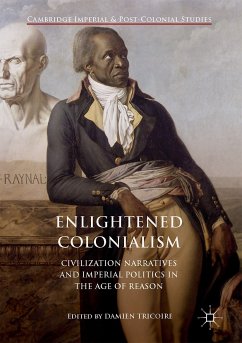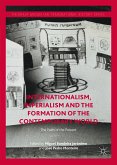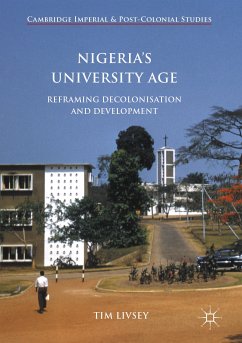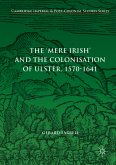Has Enlightenment provided the cultural and intellectual origins of modern colonialism? For decades, historians of political thought, philosophy, and literature have debated this question. On one side, many postcolonial authors believe that enlightened rationalism helped delegitimize non-European cultures. On the other side, some historians of ideas and literature are willing to defend at least some eighteenth-century philosophers whom they consider to have been "anti-colonialists". Surprisingly enough, both sides have focused on literary and philosophical texts, but have rarely taken political and social practice into account.
Dieser Download kann aus rechtlichen Gründen nur mit Rechnungsadresse in A, B, BG, CY, CZ, D, DK, EW, E, FIN, F, GR, HR, H, IRL, I, LT, L, LR, M, NL, PL, P, R, S, SLO, SK ausgeliefert werden.









